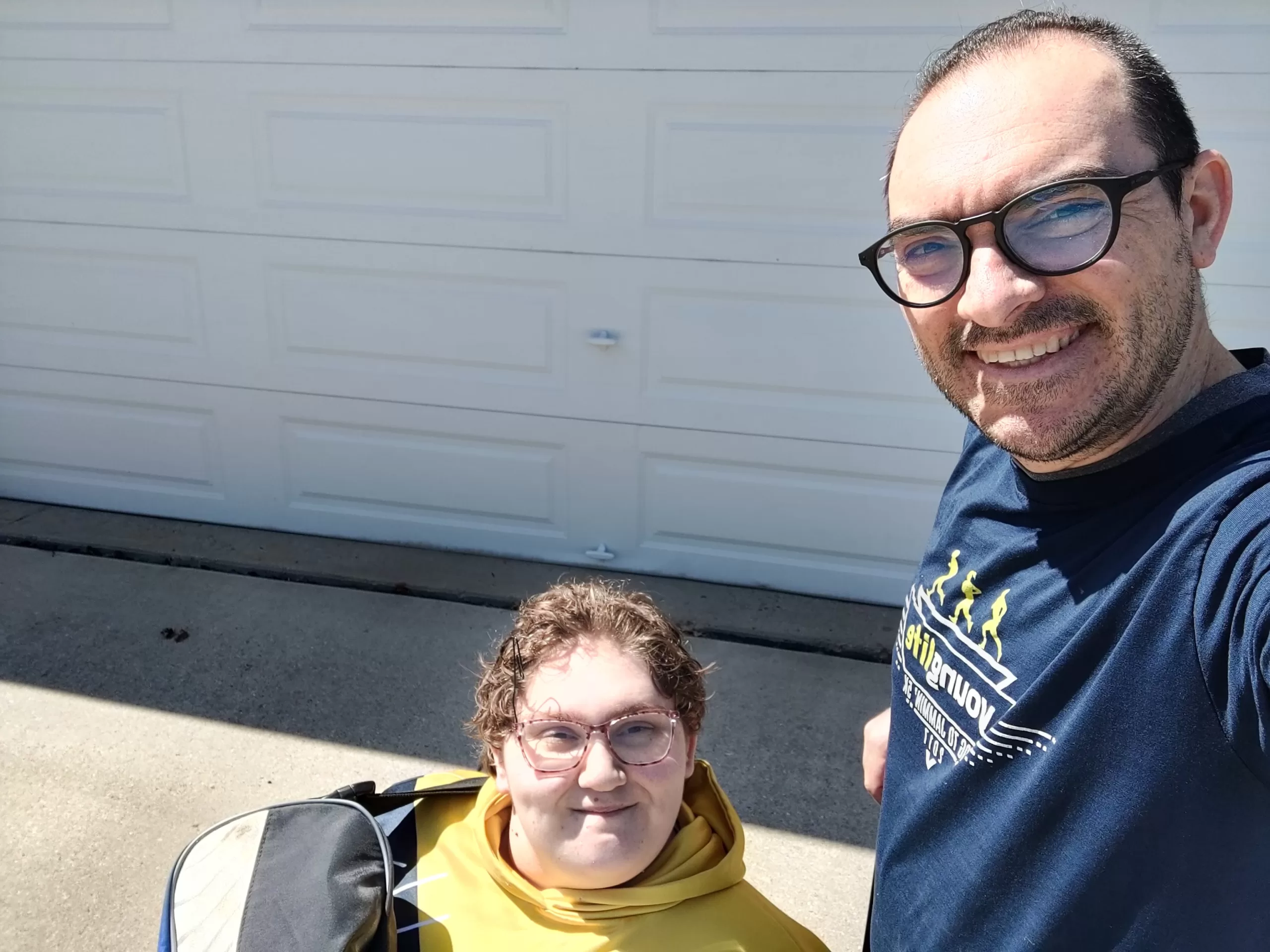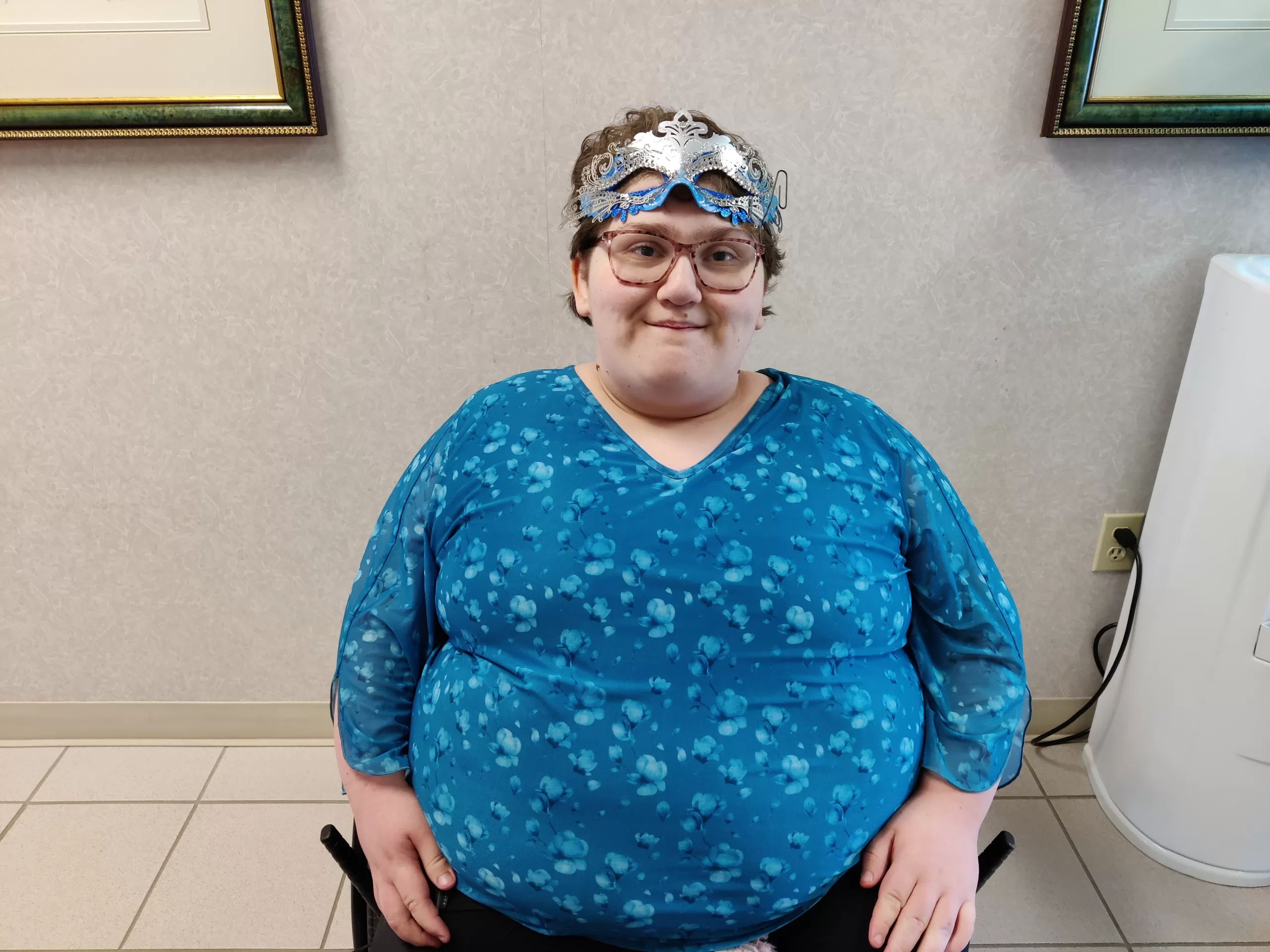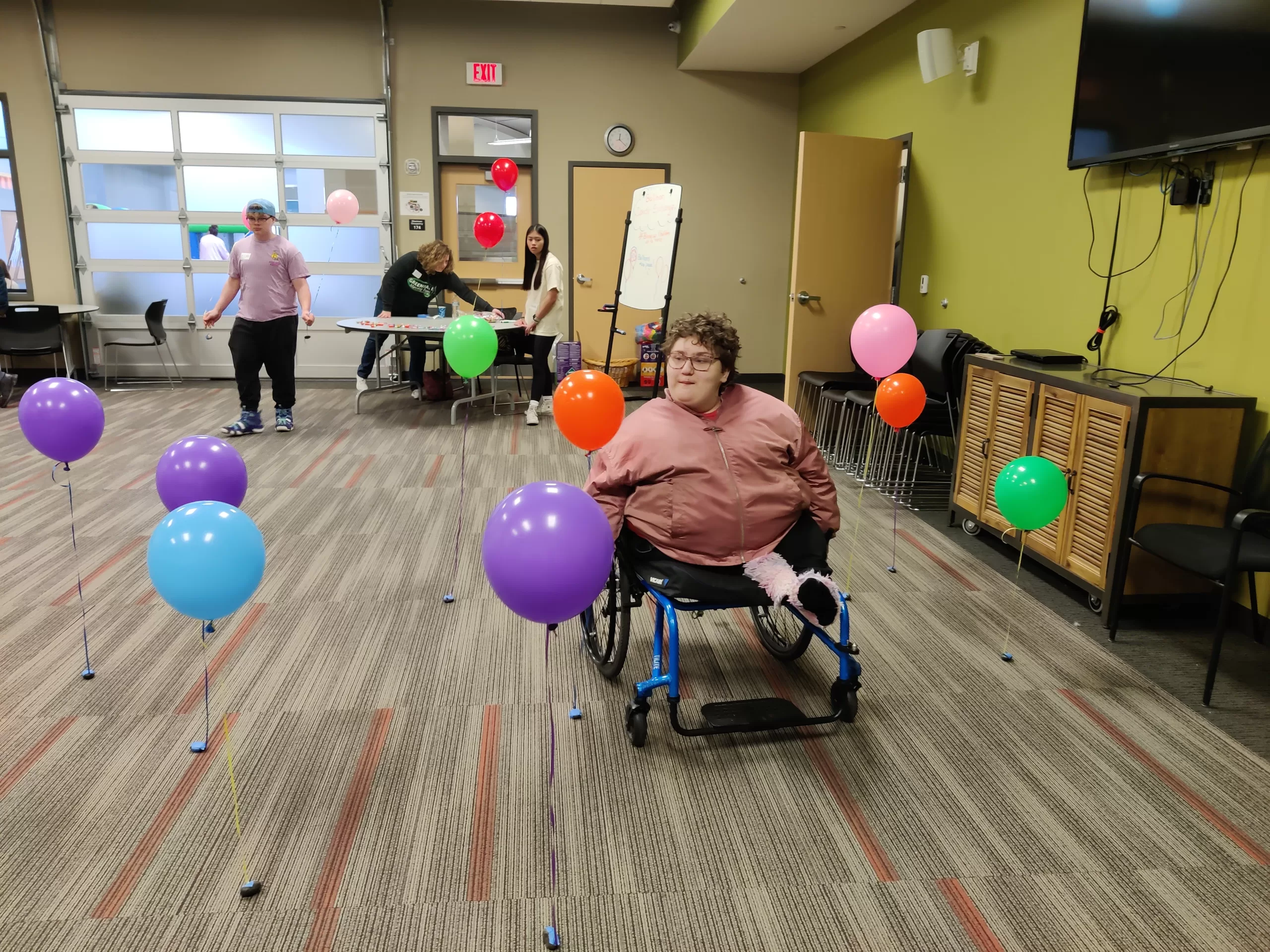As far as I know, Namine has not yet reached multiplication in school. She’s done addition, subtraction, and even some fractions, but I think that’s the limit of her math lessons so far.
Over the weekend — while we were still up at my aunt’s house — Namine was washing up for dinner. I thought to give Namine something to think about as she was washing her hands, so I asked her, “How many hands have to be washed between you and Mommy?”
Without even a pause, Namine responded with a grin, “Four!”
“Very good.” I had expected her to at least use her fingers, but she hadn’t. Okay, I thought. Let’s give her something harder. “How many hands have to be washed between all of us?”
Namine thought for a moment. “Six,” she said. “You, me, and Mommy have six hands to wash.”
Technically, she was correct. But she left someone out. “Aren’t you forgetting someone? You forgot your aunt.” (Technically, she’s her great-aunt, but we’ve never been picky about that.)
“Oh yeah.” Namine paused, towel in hand, and thought. Her lips moved silently as she figured it out. “Eight?”
“That’s right,” I said. Namine gave me a still-wet high five before she finished up. Then we joined Jessica and my aunt in the dining room.
Ask Namine, “What is two times two?” and you might get an answer. Might. She might tell you “four.” She might tell you “nine.” She might shrug her shoulders and tell you “I dunno.” Like, Who cares?
But give her a word problem and she’ll figure it out. It might be immediate, like figuring out how many hands there are between two people. She might take a little more time to think about it, like when figuring out how many hands there are between four people. As far as I can tell, for Namine there are two crucial differences between word problems and pure calculations.
Namine learned word problems first.
For whatever reason, the curriculum Namine is on teaches word problems before pure calculation. We think that perhaps Namine is used to the context around the calculation, somehow, so pure calculations are a little too abstract. That also leads into the second:
Word problems are stories.
My mom tells this story to highlight the difference between my brother and sister. Peter and Lydia are four years apart in age, but they went to the same school and so happened to be assigned the same literature assignment.
One of the questions on the worksheet — after having read the story — went something like “How did [some character] feel when [something happened]?”
My brother’s answer was along the lines of “Who cares? It’s a story, this is what happened, the end.”
My sister’s answer, on the other hand, went on for paragraphs. It was not about what happened, when all was said and done — it was about the journey. It was about the experience, the story.
Namine is much like her aunt in this regard. She loves a good story, whether telling or being told, and no matter what, the events demand consideration.
It is my theory that (part of the reason) Namine does so well at word problems — in contrast with pure calculation problems — is because of the story. A story is important; a story demands attention; a story matters.




Leave a Reply to Sylvia Cancel reply